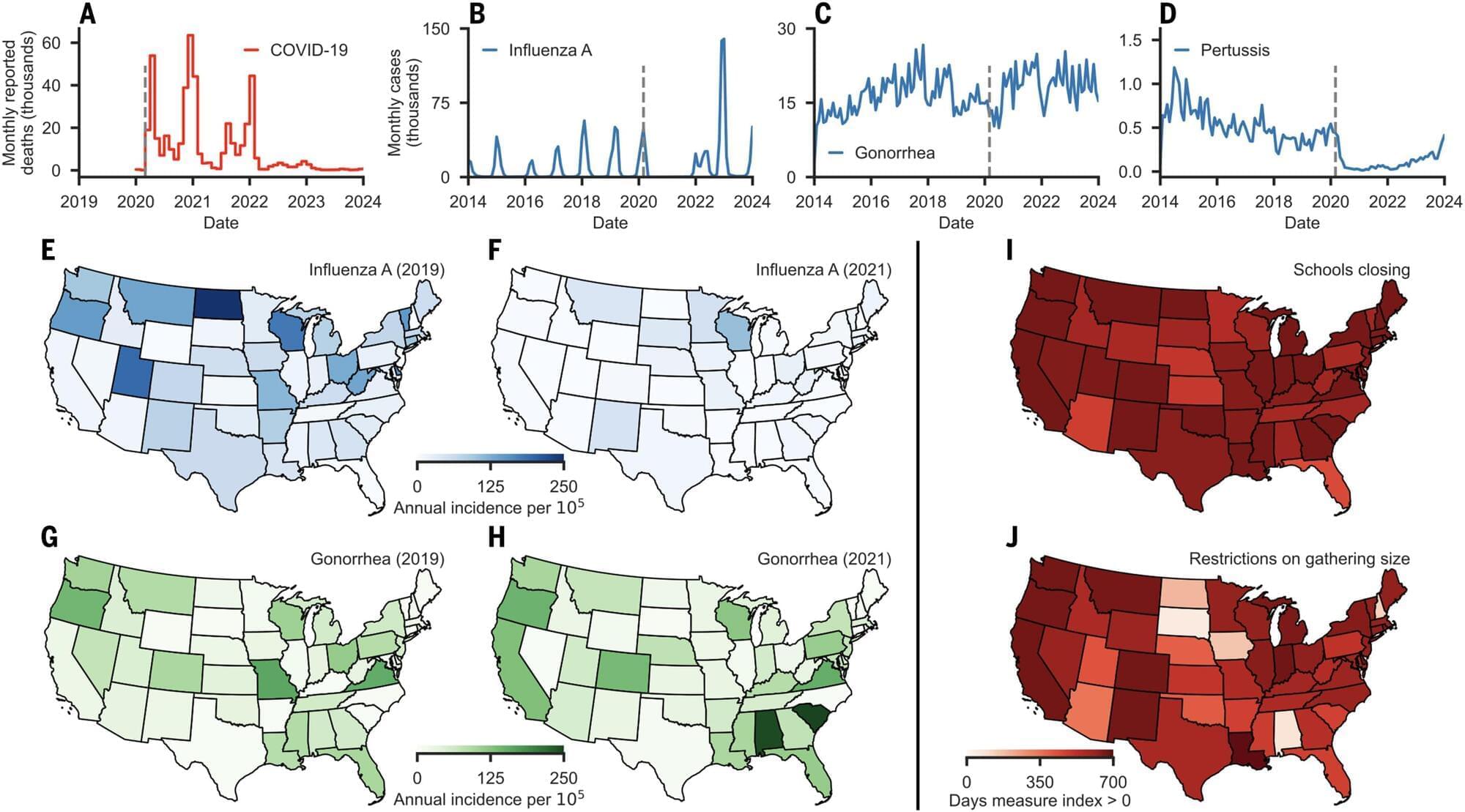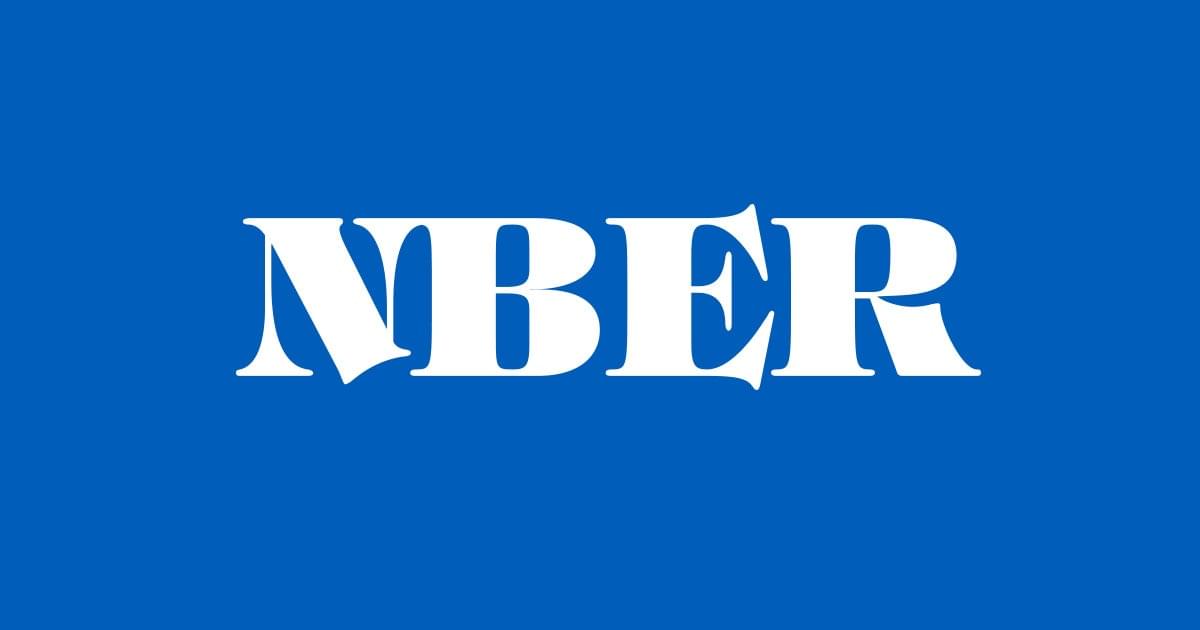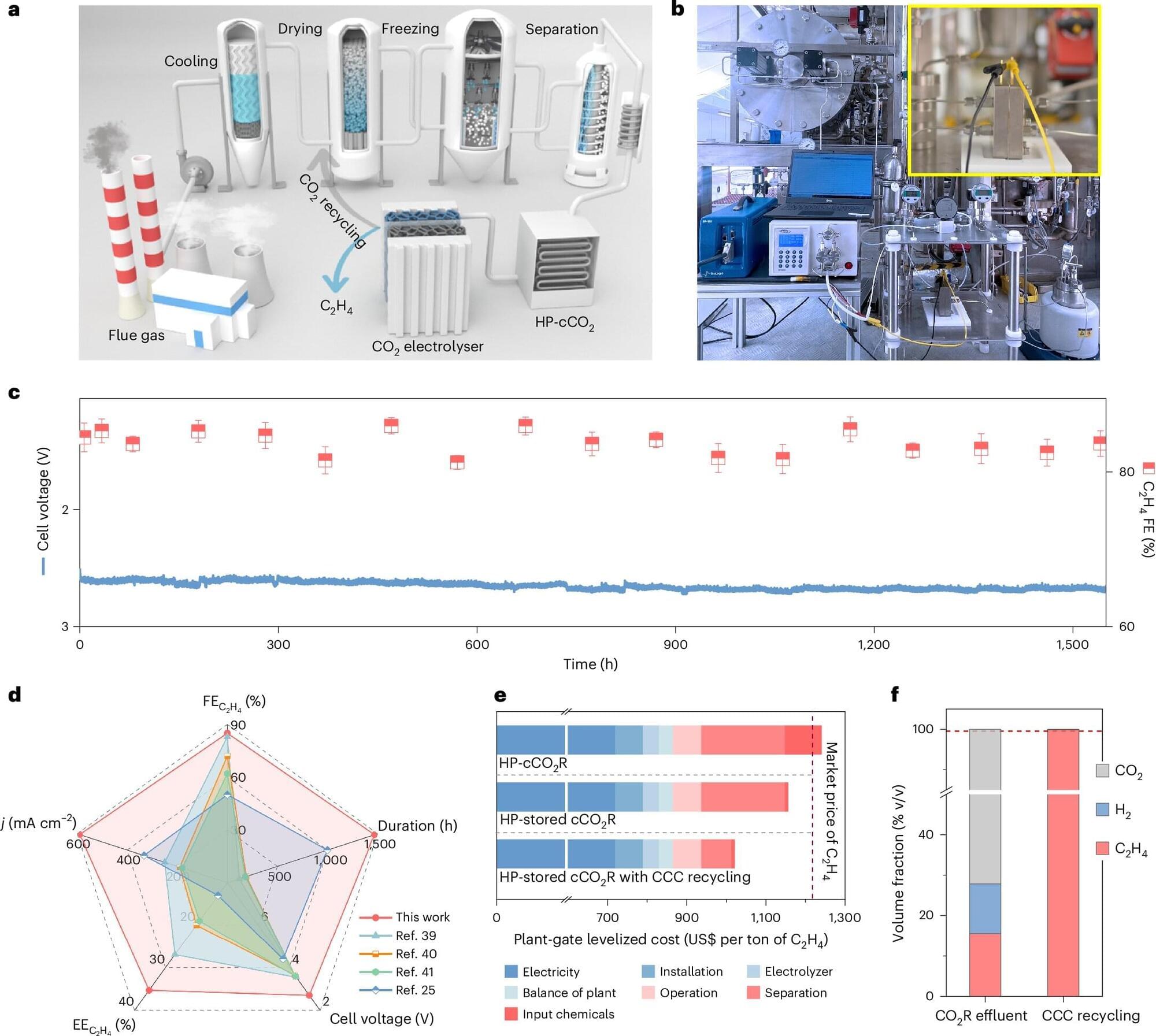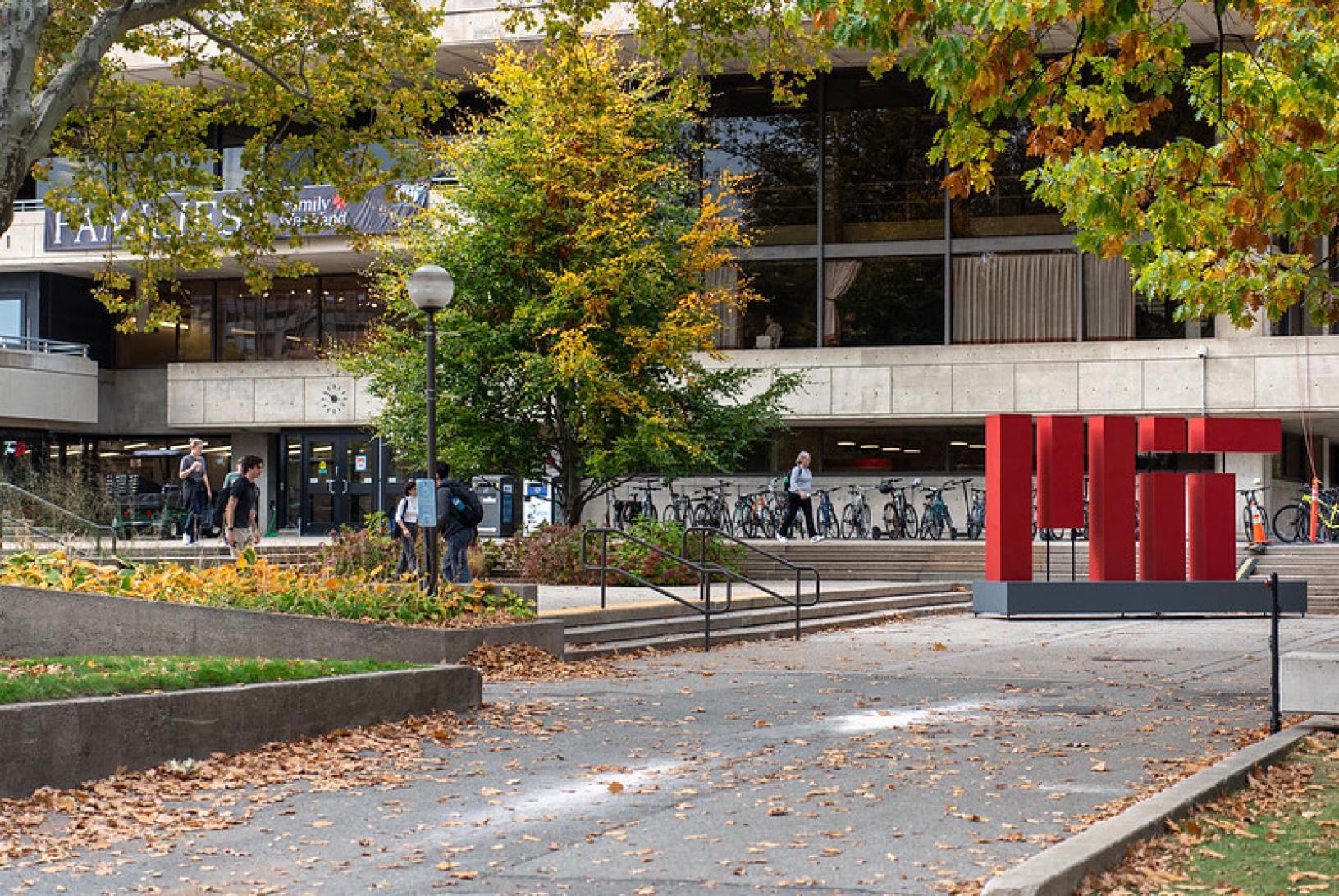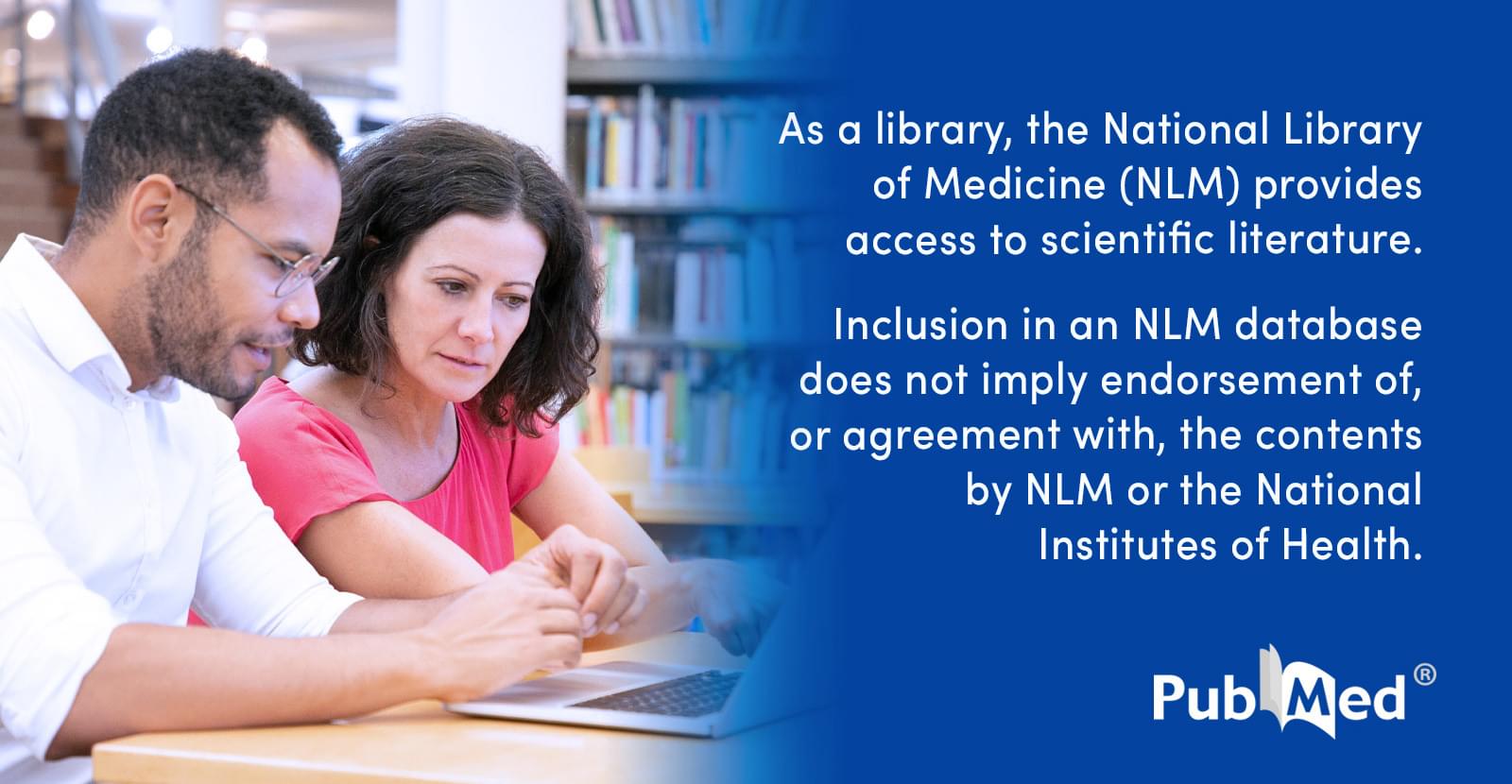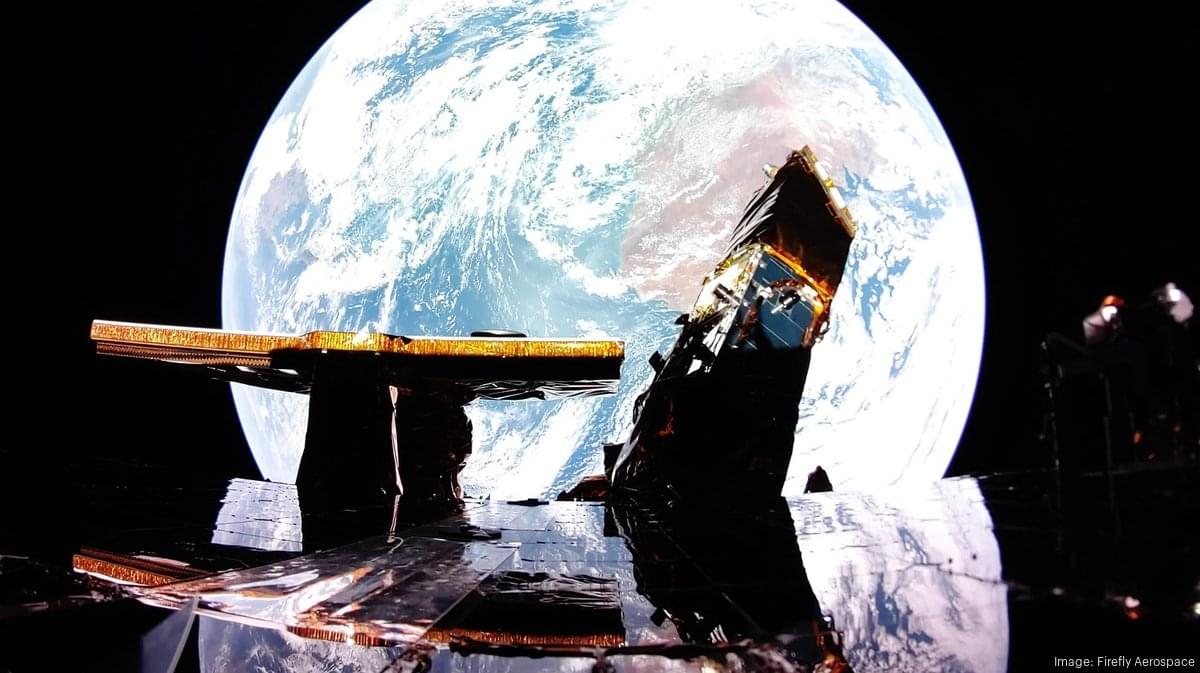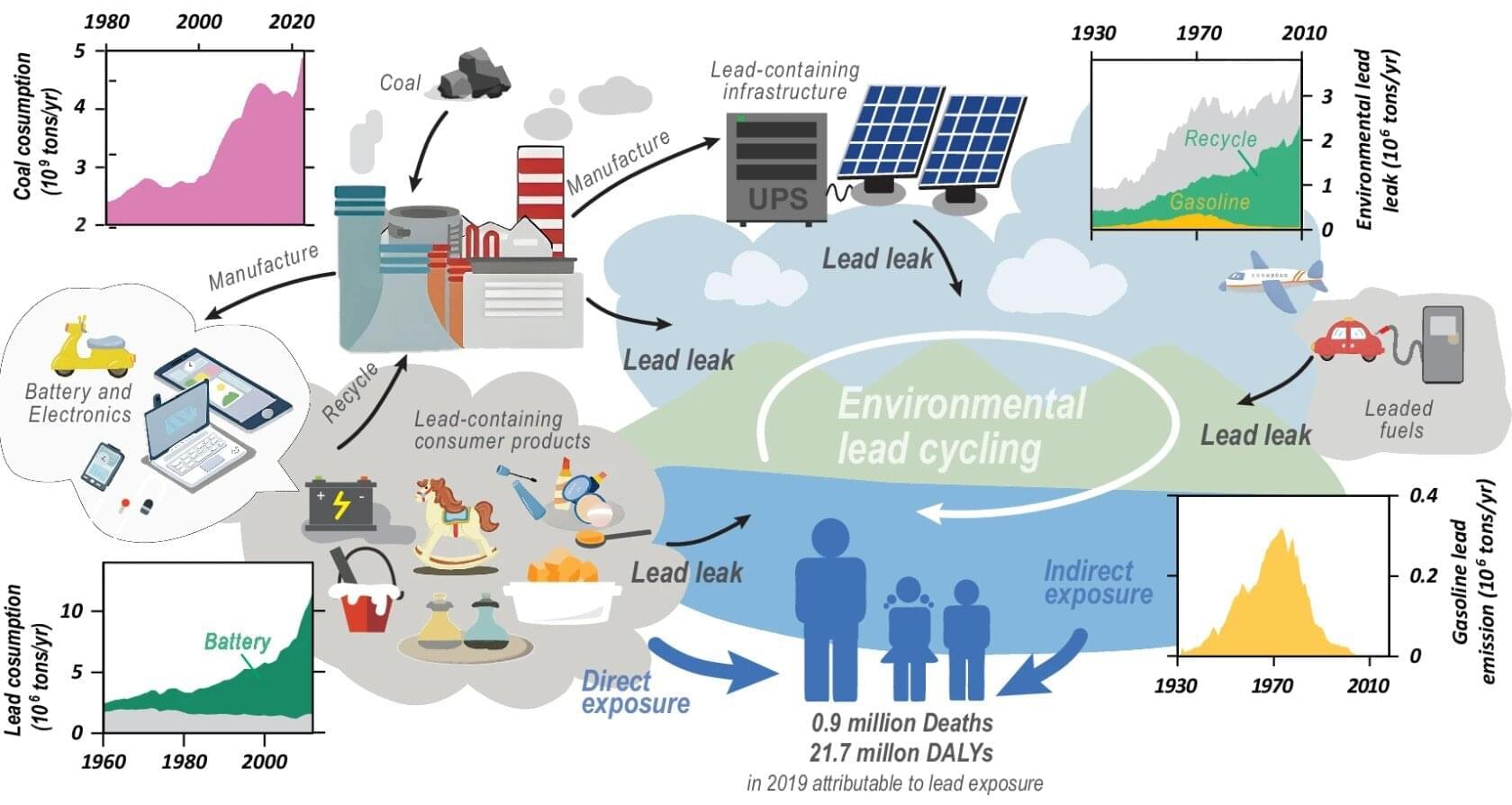As the COVID-19 lockdown in 2020 stretched on, scientists watched for all sorts of unintended effects, from social to economic to environmental.
But the experts who predict disease transmission wondered specifically whether infectious diseases other than COVID-19 would surge after the prolonged isolation of the population. Would social distancing cause us to have less immunity to common diseases? Would those diseases rebound with deadly consequences?
In a paper published in Science, the University of Georgia’s Tobias Brett and Pejman Rohani explored which infectious diseases were impacted by COVID-19 control measures and, of those, which rebounded. They found airborne diseases were most likely to rebound—but not as much as some feared. Surprisingly, the incidence of sexually transmitted diseases remained low, even long after pandemic-era behaviors changed.
